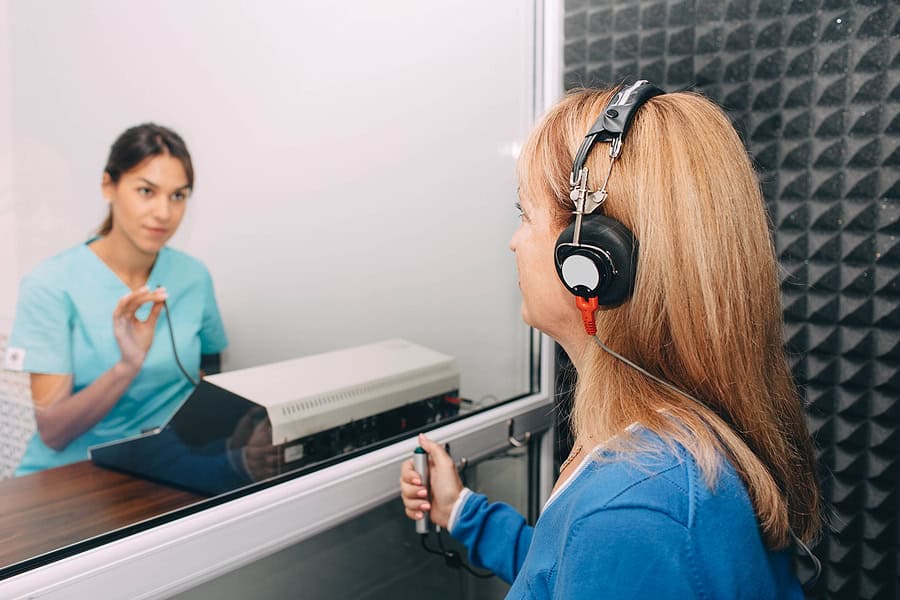Hearing is vital in daily life, allowing individuals to connect with others and the world. When things sound a little different or unclear, a hearing evaluation can provide important insights. It’s a simple process that helps determine the health of one’s hearing. Knowing what to expect can ease any anxiety and help make the experience much smoother.
Preparing for the Evaluation
The first step in understanding an evaluation is knowing what happens before the appointment. Preparation begins with gathering any necessary medical history related to hearing. This can include previous ear infections, injuries, or illnesses. Noting any medications currently in use is beneficial. This information can help the hearing health professional better understand any underlying conditions.
It’s also advisable to consider any hearing challenges experienced recently. Think about moments in conversations or environments where hearing was difficult. This reflection can provide the evaluator with specific scenarios to consider during the assessment, ensuring that any potential issues can be effectively identified and addressed.
During the Evaluation
The specialist discusses any hearing difficulties experienced. This conversation allows the evaluator to understand individual experiences and tailor the evaluation process accordingly. It’s important to communicate openly and honestly during this conversation.
The hearing evaluation typically begins with a visual inspection of the ears. The specialist uses an otoscope with a light and magnifying lens to check for any visible issues in the ear canal or eardrum. This initial step helps identify any immediate concerns, such as wax buildup or infection, that might impact one’s hearing.
The Hearing Tests
Following the initial discussion, a series of hearing tests occurs. These tests assess different aspects of an individual’s hearing ability. The first test is tympanometry. This test measures the eardrum’s movement in response to changes in air pressure. It helps assess the condition of the middle ear and identify possible issues like fluid or infection. This is followed by acoustic reflex testing to evaluate the connection between the ears and the brain. Another standard test is pure-tone audiometry. During this test, sounds of varying frequencies are played through headphones, and the individual signals when they hear each sound. This test helps identify the faintest tones that are audible at various pitches.
Another key test is the speech audiometry test. This evaluates the ability to understand and repeat spoken words at different volumes. It provides insights into how well speech is understood in quiet and noisy environments.
Understanding the Results
Once the tests are complete, the hearing health professional explains what the results mean. They provide a comprehensive view of the individual’s hearing health. The results can reveal normal hearing or indicate hearing loss, which can vary from mild to profound. Regardless of the outcome, the hearing health professional suggests the next steps or treatments to address any concerns.
If hearing loss is detected, the evaluator discusses possible solutions. Options may include hearing aids, assistive listening devices, or therapy. The aim is to find the most suitable solution to improve the individual’s hearing and their overall quality of life.
After the Evaluation
If a follow-up appointment or further treatments are suggested, scheduling them promptly ensures proper care and management. Staying proactive helps maintain one’s hearing health over time. Adopting good ear care practices can also help prevent any further hearing issues. Avoid excessive exposure to loud noises and protect the ears in noisy environments. Regular hearing checks can also help monitor one’s hearing health and catch any changes early.
Conclusion
A hearing evaluation is a straightforward process that provides valuable insights into your hearing health. Understanding what happens before, during, and after the evaluation makes the experience less daunting and more empowering. With this knowledge, anyone can feel confident about managing their hearing health effectively. Embracing the steps of evaluation ensures continued connection to the world of sound and enhances your communication in everyday life. Schedule a hearing evaluation today to help get in better touch with your hearing health.


